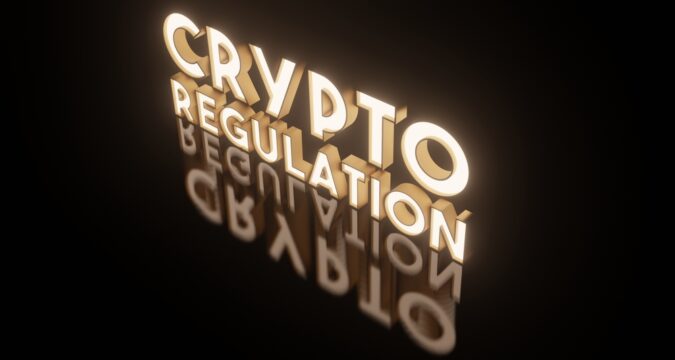
The Dubai International Finance Center (DIFC) is a special economic zone that resides more than 5000 workers. The DIFC administration recently announced new digital asset and security laws.
DIFC to Amend Existing Laws
As per a Cointelegraph article, the DIFC has also amended its existing laws directed towards investment offerings. It is important to note that DIFC is governed under a privatized legal system that is based on British regulations.
The latest legislative changes are focused on accelerating the growth of financial markets in line with the developments at an international scale. At the same time, the new regulatory changes will serve as regulatory guidelines for investors having access to digital assets.
DIFC CLO Jacques Visser told journalists that the regulatory guidelines were introduced as the first comprehensive legislative enactment directed towards digital assets.
He noted that under these guidelines digital assets are treated in the same manner as property laws. The new laws contain a seven pages document plus appendices. This law introduces edits to the previous six laws and updates them in line with digital asset sector requirements.
However, a copy of the charter has not been posted for public access online. DIFC officials have retained that changes to the Law of Obligations make electronic and paper records hold equal value.
Changes in the Security Laws
DIFC spokesperson briefed the media regarding the changes in the Security Laws for 2024. These regulatory amendments have replaced a 2005 law. The Security laws were also subjected to amendment in 2019 that resulted in addition of Financial Collateral Guidelines in the document.
DIFC officials explained that the new laws take reference from the UN Commission on International Trade Laws.
Specifically, these security amendments are based on Model Law on Secured Transactions. At the same time, the statement from DIFC noted that the new security policies are aligned with the best regulatory practices to fulfill the international trading standards.
DIFC amended crypto regulations in the region in 2022. In line with the regulatory changes, the economic zone issued subsidy license for AI and Web 3.0 firms in 2023.
In this manner, the total amount of subsidy licenses increased by 45% in comparison to the previous year. At the same time, there was also a 34% increase in the total number of firms hailing from these sectors during 2023.
Among these firms, the administrator noticed a visible rise in hedge fund startups. Furthermore, there was a surge in businesses hailing from Europe and the USA.
Dubai to Emerge as the Center of the Digital Asset Industry
Digital Asset Law in DIFC is introduced as a first step in the field. The region intends to regulate digital assets under property laws. Along the same line, China, Hong Kong, and Singapore also published regulatory frameworks for cryptocurrencies that were based on property laws within their jurisdictions.
Another article published in Cointelegraph magazine regarding the state of cryptocurrencies in 2022 highlighted that the emirate of UAE issued NFT stamp collection to commemorate its 50th anniversary. Binance former CEO CZ reportedly purchased an apartment in Dubai.
Speaking at a forum in Singapore he noticed that the government of Dubai is very progressive and maintains a good business environment. In 2021, Binance signed a deal with the Dubai World Trade Center Authority which is currently serving as a regulatory agency for crypto in the region. In 2021, Dubai hosted a number of mega digital asset events despite COVID-19 constraints.
In 2021, UAE also hosted AIBC a major AI and blockchain summit at the Dubai Festival City. In the same manner, the largest city of UAE hosted the Crypto Expo Dubai in October, 2021. Other noteworthy events organized in Dubai are WOW Summit and World of Web 3.0 Summit at the Dubai Atlantis.
Meanwhile, the government city also helped organize the Future Blockchain Summit as part of GITEX tech conference attended by firms and government officials from around the world.




